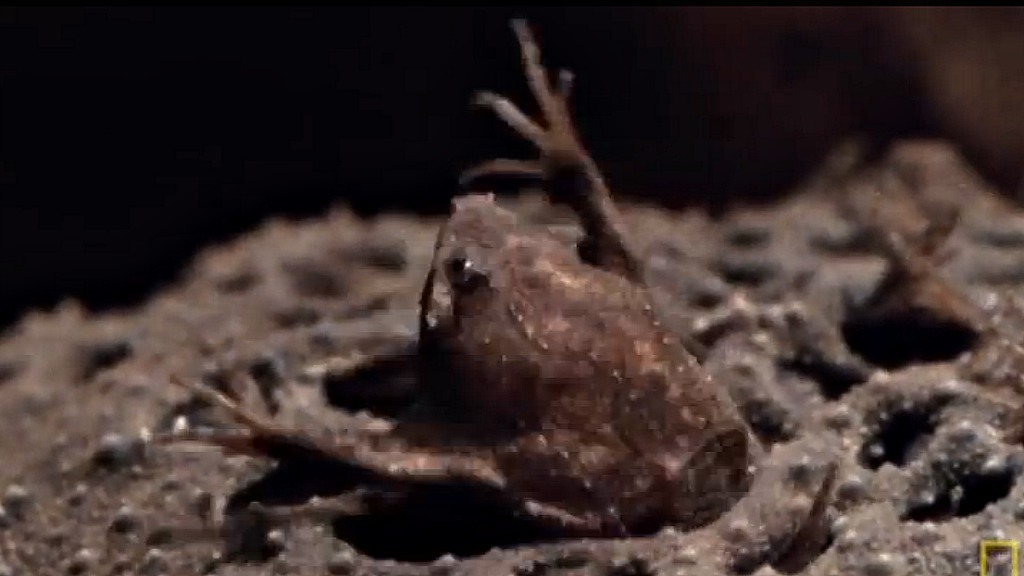
ShutterstockPut a sticker on it.
Connecticut made food history last week when Gov. Dannel Malloy (D) signed the first state law in the nation mandating the labeling of foods that contain genetically modified ingredients.
But there’s a catch that’s bigger than the fry of an escaped GMO salmon: The new law might never actually lead to the labeling of GMO foods.
That’s because the state is understandably reluctant to go it alone in the legal battles that are sure to ensue when big-spending agro-corporations are ordered to be fully transparent. The Connecticut Post explains how the Nutmeg State’s lawmakers worked around that threat:
Connecticut is the first state to enact such legislation, but the rules will take effect only after at least four other states enact similar laws. The bill also requires that any combination of Northeast states where together reside at least 20 million must adopt similar laws in order for the Connecticut regulations to take effect.
Malloy signed the legislation into law at a raw-foods café:
“This is a beginning, and I want to be clear what it is a beginning of,” Malloy said, before putting pen to paper. “It is a national movement that will requiring (food) labeling.”
Malloy said residents must speak up when they go food stores and are unable to find detailed labeling of food ingredients. “This is the time,” he said. “You better get ready; people are coming and this is not a movement you are going to stop.”
A GMO-labeling initiative died at the ballot box in Washington state last month, after agribiz interests spent big to defeat it. The same thing happened in California in 2012. But GMO-labeling bills are slowly moving through some state legislatures, so Connecticut might get company soon enough. Malloy, for one, is optimistic.



